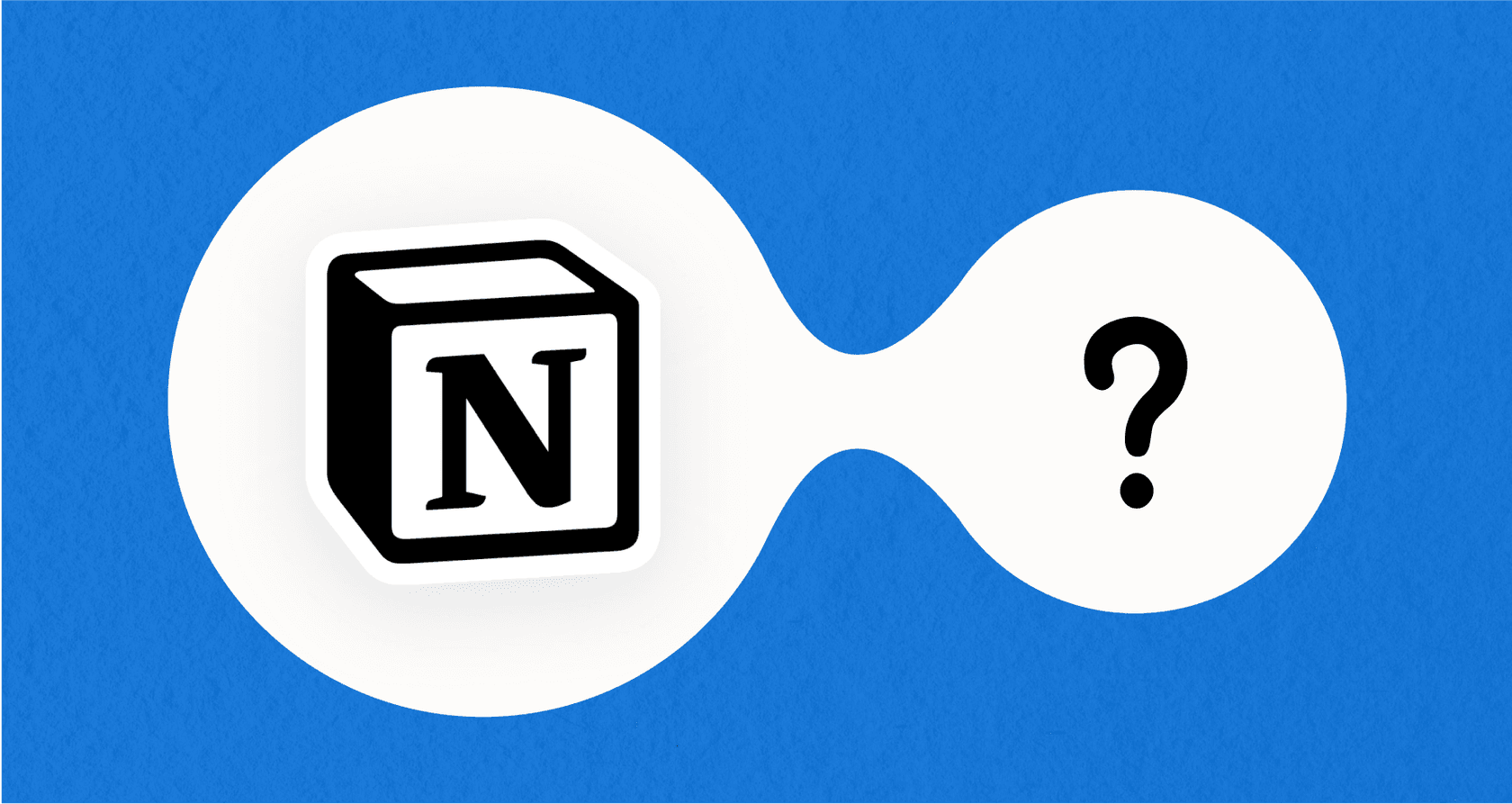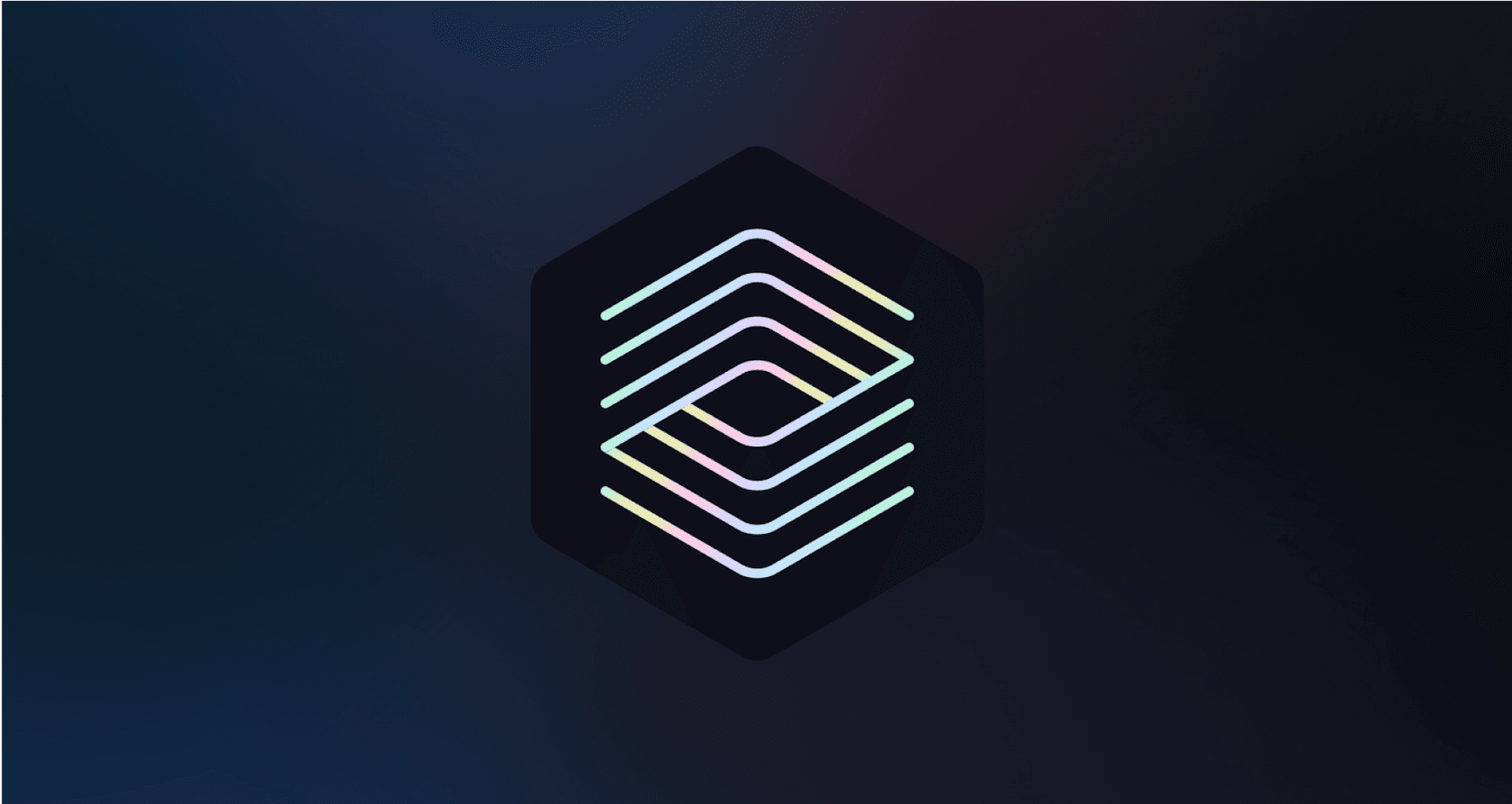
We’ve all been there, right? You’re trying to find one specific piece of information, and you end up on a wild goose chase through endless Slack threads, forgotten Google Drives, and who-knows-how-many project management boards. As all our work gets spread across more and more apps, just finding a straight answer can feel like a full-time job.
AI search tools are popping up to fix this mess, and Notion has tossed its hat in the ring with a pretty powerful feature called Notion Research Mode. The big promise is that it can pull together all your scattered knowledge from docs, apps, and even the web, and give you a single, synthesized answer.
So, let's break down what Notion Research Mode actually is, how it works, what it’s good for, and, most importantly, where it falls short. By the end, you’ll have a much clearer idea of whether it’s the right move for your team.
What is Notion Research Mode?
Notion Research Mode isn't just another search bar. It's a beefed-up feature inside Notion AI, and you’ll only find it on their pricier Business and Enterprise plans. Think of it less as a search tool and more as a research assistant that lives right inside your workspace.
Its main job is to tackle big, complex questions by digging deep across your company’s entire Notion setup, any other apps you’ve connected (like Slack or Google Drive), and the wider internet. The goal isn’t just to hand you a list of links; it’s to analyze everything it finds and stitch it all together into a clear report, complete with sources. It’s built to save you the headache of manually gathering context for big projects or prepping for important meetings.

How does Notion Research Mode find its answers?
This tool doesn't just skim for keywords. It has a pretty methodical way of piecing together its reports by combining a few different components.
How Notion Research Mode thinks before it searches
When you ask Research Mode a question, it doesn't just jump straight to searching. First, it takes a moment to figure out what you really mean. Then, it maps out a little plan to find what you're looking for.
It sifts through all the sources it can access, judges the quality of what it finds, and sometimes even uses its early findings to ask itself follow-up questions for a deeper look. This thoughtful approach means it can take a few minutes to generate a report, so it's best for those big, open-ended questions, not so much for a quick "what's the wifi password?" kind of search.
How Notion Research Mode pulls from your internal docs and the web
At its core, Research Mode can search through everything inside your Notion workspace. That includes all your pages, databases, and even the text inside any PDFs you’ve uploaded.
But it doesn't stop at your own stuff. For web searches, Notion works with specialized search APIs like Exa.ai to pull in high-quality, relevant info from across the internet. This is what lets it do some really cool things, like mashing up your internal sales data with external context like competitor news or recent market trends, all in one neat package.
How Notion Research Mode connects to your other tools
A big piece of the puzzle is its ability to connect with the other tools your team uses every day. Notion calls these AI Connectors, and it's their way of making Notion the central hub for all your company knowledge.
Some of the key connectors available include:
-
Slack and Microsoft Teams to find important context buried in conversations.
-
Google Drive and OneDrive for locating files and documents.
-
Jira for tracking down the status of project tickets and updates.
-
Zendesk for pulling in customer support tickets and feedback.
By linking these apps, Research Mode can paint a much more complete picture of what's going on, drawing information directly from where your team is actually doing the work.

The good and the bad of Notion Research Mode
While the feature is definitely powerful, it’s important to get a clear picture of its strengths and some pretty significant drawbacks before you jump in.
Practical use cases for Notion Research Mode
Okay, theory is great, but what can you actually do with it? Here are a few ideas:
-
Drafting a product requirements doc (PRD): You could ask it to summarize customer feedback from Zendesk, pull relevant feature requests from a Notion database, and check them against your team's OKRs. The result? A solid first draft of a PRD that outlines top customer problems and potential solutions.
-
Prepping for a sales call: Instead of scrambling for info, you can have it whip up a summary of key account notes, find recent Slack chatter about the client, and grab the latest news about their industry from the web. You'll walk into the call fully prepared.
-
Building a market entry plan: You could ask it to analyze your historical sales data from a Notion database and look up competitor launch timelines online to help you spot new market opportunities.
Where Notion Research Mode falls short
-
The "all-in" problem: Research Mode works best when a company's brain is already living inside Notion. If your team’s knowledge is spread across best-in-class tools, like using Confluence for docs and Google Docs for collaboration, it can feel like you're being pushed to move everything into one platform just to make this one feature work.
-
No way to test the waters: There’s no simulation or testing environment. You can’t see how the AI would perform on your past data before unleashing it on your team. This can be a bit nerve-wracking when you’re about to roll out a tool that synthesizes sensitive company info and generates reports on its own. You're basically flipping a switch and hoping for the best.
-
The steep price of admission: This is a big one. Research Mode is only available on Notion’s expensive Business and Enterprise plans. With the 2025 pricing change, they got rid of the AI add-on for Free and Plus plans, effectively putting this feature out of reach for smaller teams or anyone not ready for a serious financial commitment.
Notion Research Mode pricing and AI features
As of May 2025, you can no longer buy Notion AI features, including Research Mode, as a separate add-on. They're now bundled exclusively into the top-tier plans, which is a pretty big shift in their strategy.
Let's look at the price tag for the plans that include Notion Research Mode:
| Feature | Business Plan | Enterprise Plan |
|---|---|---|
| Price (Annual) | $20 per user/month | Contact Sales |
| Price (Monthly) | $25 per user/month | Contact Sales |
| Notion AI | Included | Included |
| Research Mode | ✔️ Included | ✔️ Included |
| Key Features | Private teamspaces, Bulk PDF export, Advanced page analytics | SAML SSO, Advanced security, Audit log, Dedicated success manager |
This pricing model is clearly aimed at large companies and forces a pricey upgrade for any smaller team hoping to use Notion's best AI. That approach can be a dealbreaker for businesses that want powerful AI without the high overhead. For comparison, the straightforward pricing of eesel AI offers flexible monthly plans and avoids confusing per-resolution fees, making advanced AI a lot more accessible for teams of all sizes.
The verdict: Should your team use Notion Research Mode?
So, who is this feature really for? The ideal user is a team that's already living and breathing Notion, has the budget for a Business or Enterprise plan, and needs a central tool for generating deep, analytical reports. If your company's world revolves around Notion, it's a very compelling feature.
However, you should probably look elsewhere if your team uses a mix of different tools, values flexibility, and wants to bring in AI without a massive migration project. It’s also not a great fit if you need a safe, reliable way to test AI performance before rolling it out.
This is where a tool like eesel AI offers a completely different philosophy. It’s a self-serve platform you can get up and running in minutes, not months. It works with the tools you already have, gives you full control over how it works, and offers a risk-free simulation mode so you can deploy AI with confidence.
Get started with AI that works the way you do
Notion Research Mode gives us a fascinating look at the future of knowledge management, but its "our way or the highway" approach and high cost are serious drawbacks. For many teams, being locked into a single platform just isn't realistic.
eesel AI Agent automatically answering and resolving a ticket in Zendesk. If you're looking for an AI solution that adapts to your stack, not the other way around, the choice is pretty clear. You can unify all your knowledge sources and deploy helpful AI agents exactly where your team needs them most.
Frequently asked questions
Notion Research Mode is an advanced AI feature within Notion AI, available on Business and Enterprise plans. Unlike a simple keyword search, it acts as a research assistant, synthesizing complex answers from your Notion workspace, connected apps, and the internet, providing clear reports with sources.
Notion Research Mode uses "AI Connectors" to integrate with various daily tools such as Slack, Google Drive, Jira, and Zendesk. These connectors allow it to access and pull relevant information directly from these external platforms, helping to create a more comprehensive picture.
Notion Research Mode is excellent for complex, practical tasks like drafting product requirements documents by summarizing customer feedback, preparing for sales calls with key account notes and industry news, or building market entry plans by analyzing internal data and external competitor information.
Key drawbacks include the "all-in" problem, meaning it works best if your company's knowledge is already heavily in Notion. There's also no testing environment, and it's exclusively available on expensive Business and Enterprise plans, putting it out of reach for smaller teams.
Notion Research Mode is exclusively included in Notion's Business and Enterprise plans. As of May 2025, it's no longer available as a separate AI add-on for lower-tier plans, requiring a significant financial commitment, especially for annual subscriptions.
If your team relies on a mix of different tools like Confluence for documentation or Google Docs for collaboration, Notion Research Mode might not be the best fit. It works optimally when your company's knowledge is predominantly housed within Notion, potentially pushing you to consolidate platforms.
Share this post

Article by
Stevia Putri
Stevia Putri is a marketing generalist at eesel AI, where she helps turn powerful AI tools into stories that resonate. She’s driven by curiosity, clarity, and the human side of technology.







